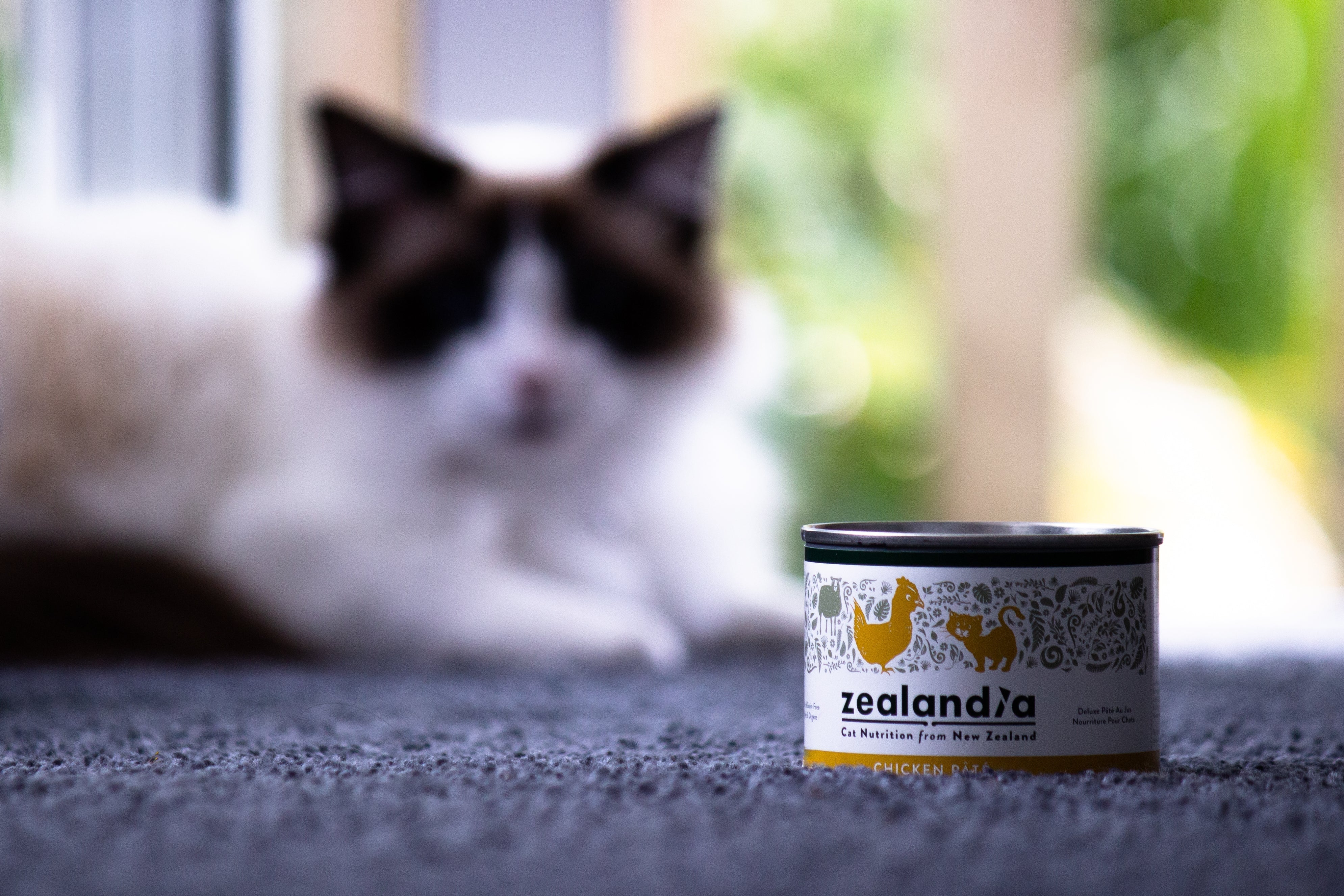Cardiovascular / Heart Health - Heart disease in dogs and cats, and how can I prevent it

Written by Dr Sarah-Jane Molier BVM&S MRCVS BSc (United Kingdom)
Heart disease is common in dogs, with around 10% of dogs who attend a vet practice suffering from some form of heart disease. Sadly, heart disease is also one of the top ten causes of death in cats. As with humans, there are risk factors for heart disease in pets. While many of these are unavoidable, there are some measures you can take to support their health. This article explores heart disease in dogs and cats, and the important role nutrition can play in supporting heart health.
What heart conditions can dogs and cats suffer from?
What are the signs of heart disease in dogs and cats?
The symptoms of heart disease are similar for both dogs and cats. Often, the first sign of heart disease is a heart murmur or abnormal rhythm detected by your vet at a routine check-up, before you have noticed any symptoms.
Signs of heart disease in dogs include:
- Coughing
- Fast breathing or increased panting
- Lethargy (low energy)
- Reluctance to exercise
- Collapse
- Poor appetite
- Weight loss
- Abdominal distension (swollen tummy)
Signs of heart disease in cats include:
- Fast breathing
- Shallow breathing
- Noisy breathing
- Open mouth breathing (like a dog panting)
- Lethargy
- Collapse
- Poor appetite
- Weight loss
- Abdominal distension
If you notice any of these signs in your dog or cat, you should contact your vet straight away.
Treatment for heart disease
Unfortunately, heart disease is progressive. While dogs and cats may need no treatment at all when an issue is first detected, the disease will progress and treatment will be tailored to your pet’s stage of disease and symptoms.
Treatment can involve:
- Medication to remove retained fluid from the body
- Medication to improve the strength of the heart’s contractions (heartbeat)
- Drugs to control the rate or rhythm of the heartbeat
- Drugs to control blood pressure
- Medicine to help prevent blood clots
- Sometimes (rarely) surgery
Your veterinarian will monitor your pet regularly, and may advise changes to the medications and / or doses, depending on how the disease is progressing.
How to prevent heart disease
As with many diseases, heart conditions cannot be prevented in most cases. There is often an underlying genetic predisposition and / or an age related change. However, there are a few things you can do to help keep your pet’s heart healthy:
- Weight management
Keeping your pet at a healthy weight has many health benefits, so it’s not only important for a healthy heart! Obesity is a serious welfare issue in pets. Being overweight can reduce life expectancy and increase the risk of various medical conditions, such as arthritis, heart disease, diabetes and some forms of cancer.
- Regular check ups
Many heart conditions are ‘silent’ until the later stages of the disease, meaning your pet won’t show any clinical signs initially. This highlights the importance of regular vet checks, giving them the opportunity to detect a heart murmur or abnormal rhythm before your pet is showing any signs, allowing earlier intervention.
- Dental hygiene
A lesser known fact: keeping your pet’s mouth healthy can also help to protect their heart! In severe dental or gum disease, bacteria from the mouth can enter the bloodstream and damage the heart.
- Nutrition
Nutrition for dogs and cats with heart disease
Some of the key nutritional factors for supporting heart health include:
- Palatability, protein content and calories
- Sodium
- Amino acids
A deficiency in the amino acid taurine can cause DCM, especially in cats. Cats cannot synthesise their own taurine, so they rely on their diet to provide this essential nutrient. Luckily, good quality, nutritionally complete, cat foods will contain enough taurine. Be wary of home-made diets (not formulated by a veterinary nutritionist) or vegetarian cat foods. While dogs can make their own taurine, some breeds are more prone to deficiency.
- Omega-3 fatty acids
Conclusion
----------------------------------------------------------------------------------------------------------------------------
Notes from the team at Zealandia:
Our canned food products contain 95% meat & organs (excluding water sufficient for processing). This is a typical summary of ingredients:
Deboned Meat: ~61.5%
Lamb Organs: ~30% (Liver, Lung, Green Tripe, Heart, Kidney, Plasma)
NZ Green Mussels: ~3%
Dried Yeast: ~3%
Vegetable Gums: ~1% (Guar Gum, Agar Agar)
Salmon Oil: ~0.5%
Vitamins & Minerals: ~1% (Calcium Carbonate, Potassium Chloride, Taurine, Choline Chloride, Iron Proteinate, Zinc Glycine Complex, Niacin Supplement, Alpha-Tocopherol Acetate, Sodium Selenite, Manganese Proteinate, Copper Glycine Complex, Thiamine Mononitrate, Calcium Pantothenate, Riboflavin, Pyridoxine Hydrochloride, Vitamin A Acetate, Biotin, Vitamin B12 Supplement, Calcium Iodate, Folic Acid, Cholecalciferol)
----------------------------------------------------------------------------------------------------------------------------
The Zealandia variants most suitable for dogs and cats with a history of Cardiovascular issues is: Salmon (Adult) Salmon (Kitten), Duck, Venison
- Palatable for pick or weak cats/dogs
- Moderate protein
- Moderate sodium
- Natural taurine from meat
- Omega-3s (especially from fish)
- Low Magnesium
- Moderate phosphorus
- Moderate calcium




